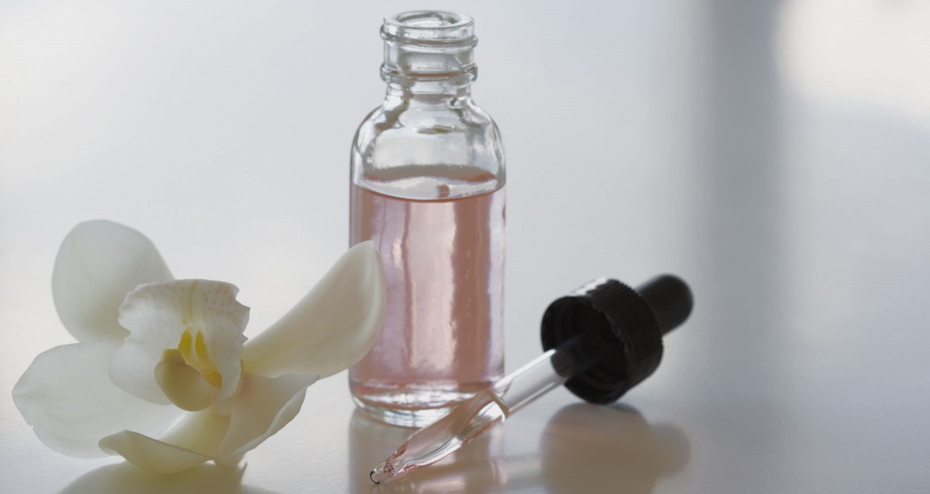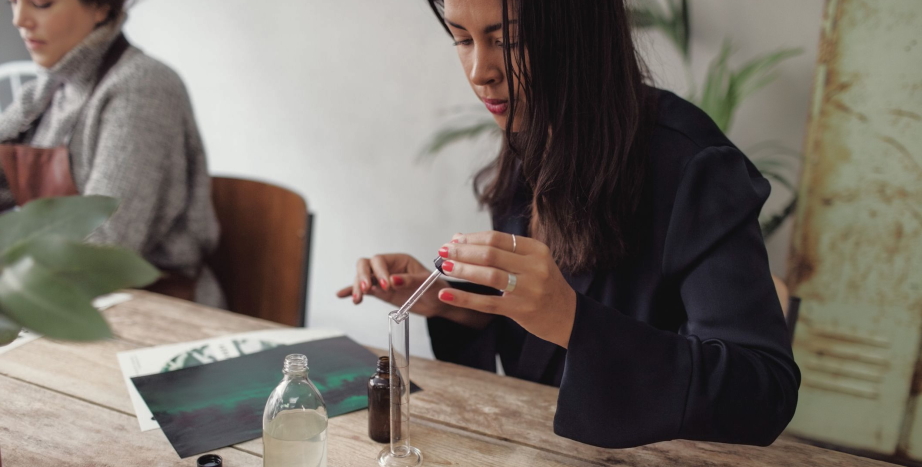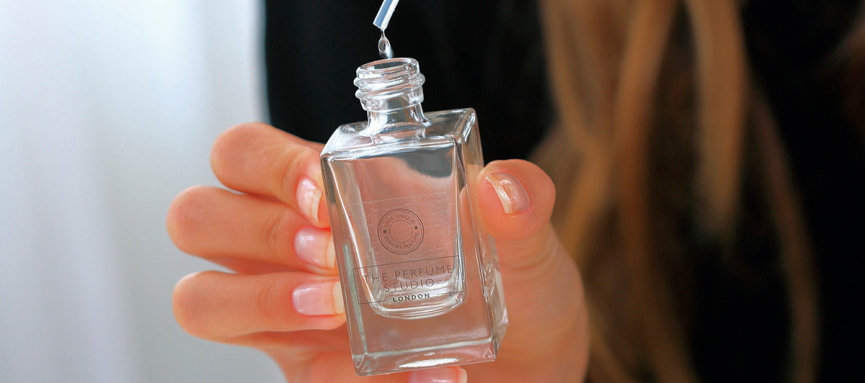
Easiest way to make perfume at home
Perfume production was once an art performed by large segments of the population. Almost every woman knew how to manufacture their own perfume and they didn’t have to go to a store to get the fragrance they needed. Sadly, something has changed over the last few decades and the practice of perfumery has almost vanished.
I almost tell that people still make amazing perfumes. These people revive the art of perfumery and prove once again that your own perfume can be made. We have chosen the minds of some of these people and compiled some of the methods and recites they use to produce their own perfumes. And in this guide we have put together these easiest ways to make perfume at home to give you a way to start making your own perfume.
Start with the notes
You must settle on the scents that make up the three layers of the perfume before you can make your perfume.

Comprehension of ratios
Knowing the perfume’s numerous fragrance notes isn’t enough. You will need to know the ratio of perfume production. Most fragrances have around 20% base notes, 50% heart notes and 30% top notes. While some perfumers like to play with this ratio a bit to make custom fragrances, when you start out you should stick to a tried-and-true formula. After you have mastered the basics, you can develop your own unique fragrance.
The Simple Recipe
As you can already begin to know, the perfume is more than just foundation, heart and top notes. There must also be a medium to render their magic. This medium is a certain form of carrier oil. Some of the most common oils in perfume production include grape seed oil, jojoba oil and sweet almond oil.

You can then start applying drops of all three notes to your oil until you have your favourite carrier oil. Make sure the bottom notes start, then add your heart and top notes. After you have added your three fragrance notes to the carrier oil, you must add something that makes each other respond. It’s always a kind of alcohol.
Alcohol is important because it evaporates pretty quickly and this method helps disperse the distinct notes of your perfume. Alcohol with a reasonably high level of evidence of 80 to 100 is required. The data indicates that 80-strength alcohol is about 40% alcohol and 100-strength alcohol is about 50% alcohol.

 Get updates from all sorts of things that matter to you
Get updates from all sorts of things that matter to you All content on this website, associated social media and other platforms, including text, graphics and images, are copyright Jacob Stack & jacobstack.net, unless otherwise stated.
All content on this website, associated social media and other platforms, including text, graphics and images, are copyright Jacob Stack & jacobstack.net, unless otherwise stated.